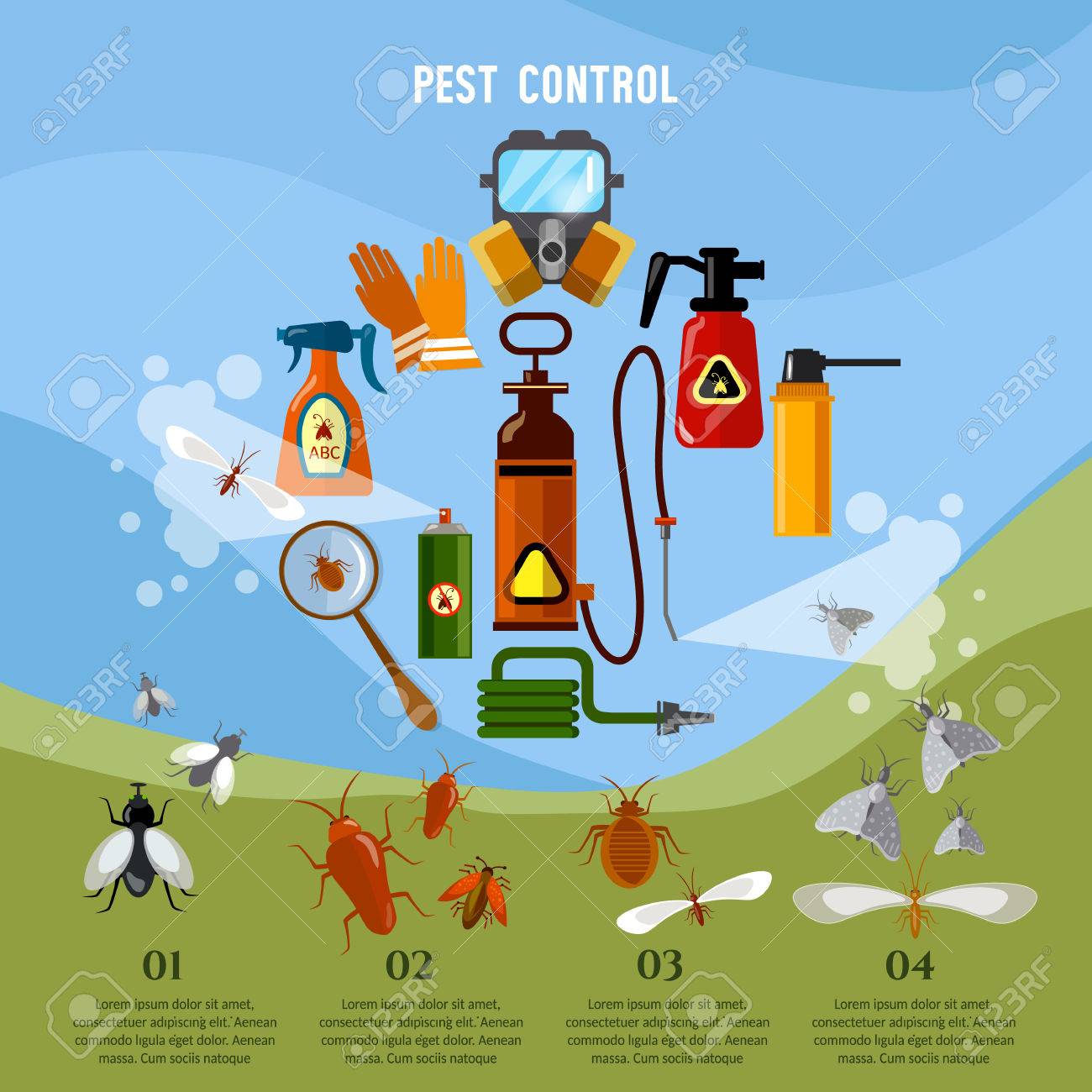Rat Control Comprehending The Actions Of Rats
Rat Control Comprehending The Actions Of Rats
Blog Article
Material Writer-Calhoun Stougaard
Have you ever before asked yourself why rats appear to be so elusive and hard to regulate? Recognizing the habits of rats is vital to properly managing their populaces.
By obtaining understanding right into their communication patterns, feeding practices, and nesting and breeding habits, you can develop strategies that will aid you maintain these pesky rats away.
So, let's explore the interesting world of rat habits and find how this expertise can empower you in the battle versus these undesirable home guests.
Interaction Patterns
To understand rat habits, it is very important to research their communication patterns. Rats are extremely social creatures and rely on interaction to survive and prosper in their setting. They utilize numerous kinds of interaction to convey info to various other rats in their team.
One crucial aspect of rat interaction is their vocalizations. Rats produce a wide range of sounds, including squeaks, chirps, and babbling, which serve various objectives. These vocalizations can share concern, aggressiveness, and even satisfaction.
Along with https://1851franchise.com/pestmaster/pestmaster-services-franchise-gears-up-for-strong-2022-growth-as-pest-control-market-continues-to-boom-2717963 , rats also connect via body language. They use their tails, ears, and poses to convey messages to various other rats. For example, an upright and puffed-up pose may indicate prominence, while a squashed stance may indicate entry.
Feeding Habits
Rats' interaction patterns offer understanding into their feeding routines. Recognizing how rats feed can assist us better control their populaces. Here are 5 key points regarding their feeding practices:
- ** Omnivorous diet plan: ** Rats are opportunistic eaters and will certainly consume practically anything they come across. From grains and fruits to meat and also waste, their diet is extremely diverse.
- ** Hoarding habits: ** Rats have an all-natural reaction to hoard food. They'll gather and save excess food in covert areas for later usage, making it challenging to situate and eliminate their food resources.
- ** Nocturnal feeding: ** Rats are mostly nocturnal creatures, indicating they're most active throughout the evening. They prefer to feed under the cover of darkness when they really feel safer and much less most likely to run into predators.
- ** Water reliance: ** Rats require a continuous source of water to survive. They'll often choose water sources near their feeding areas, such as dripping pipes or open containers, to satisfy their hydration needs.
- ** Scavenging actions: ** Rats are highly competent scavengers, which permits them to prosper in city environments. They'll search for food in trash bins, dumpsters, and other areas where human waste is present.
Nesting and Breeding Behavior
Nesting and reproducing behavior in rats involves the production of elaborate burrows and the establishment of ordered social structures.
Rats are recognized for their ability to dig complicated systems of passages, which serve as their nests. These burrows provide sanctuary, defense, and a refuge for breeding. The nesting actions of rats is driven by their reaction to find a safe and comfortable room for elevating their young.
Within these burrows, rats establish an ordered social structure, with dominant individuals inhabiting higher positions. This power structure determines accessibility to sources such as food and friends.
Reproducing habits in rats is characterized by territoriality, with males competing for the possibility to mate with females.
Recognizing the nesting and breeding behavior of rats is important for efficient rat control methods.
https://snake-removal-tongs61605.tkzblog.com/24530047/5-indicators-you-need-to-call-bed-insect-insect-control-specialists , currently you have a better understanding of the complex world of rat actions. These intelligent animals have distinct communication patterns and show interesting feeding behaviors.
Their nesting and breeding habits, while prolific, can be a delicate topic. By gaining understanding into their actions, we can come close to rat control with even more compassion and effectiveness.
Bear in mind, addressing the existence of these resourceful rodents requires a nuanced strategy that appreciates their natural instincts.
